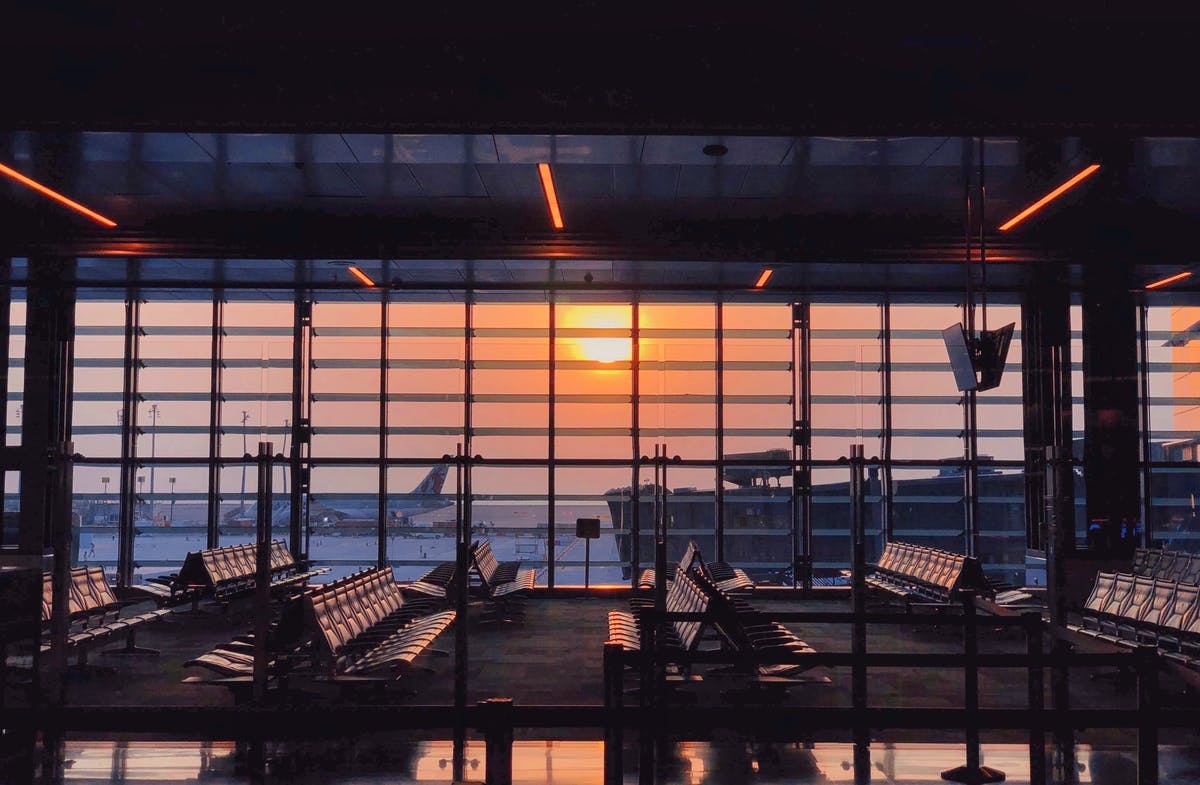Concerns over the newest COVID-19 Omicron variant has led Australia to suspend its plans of reopening its international borders to skilled workers and students by at least two weeks.
“The National Security Committee has taken the necessary and temporary decision to pause the next step to safely reopen Australia to international skilled and student cohorts, as well as humanitarian, working holiday makers and provisional family visa holders from December 1 until December 15,” the government said in a joint statement.
The decision comes after a total of five cases of the Omicron variant has been discovered in Australia so far.
Previously, the government stated that effective December 1, fully vaccinated eligible visa holders will enter Australia without the need to apply for a travel exemption. This included skilled and student groups and humanitarian, working holiday, and provisional family visa holders.
Here’s all you need to know about the Omicron variant.
Australia’s borders have been closed to most non-citizens since last year, resulting in labour shortages and disrupting the country’s vital tourism industry.
According to Prime Minister Scott Morrison, the temporary suspension will allow the country time to understand the new COVID-19 variant better.
“The temporary pause will ensure Australia can gather the information we need to better understand the omicron variant, including the efficacy of the vaccine, the range of illness, including if it may generate more mild symptoms and the level of transmission,” the Prime Minister said.
The reopening to travellers from Japan and the Republic of Korea has also been paused until December 15.
Australia’s federal cabinet will meet again on November 30 to review measures to limit the spread of the Omicron COVID-19 variant.
On the advice of WHO’s Technical Advisory Group on Virus Evolution, the World Health Organization (WHO) identified the variant B.1.1.529 (named Omicron) as “a variant of concern.” This conclusion was made based on information that Omicron contains several mutations that may affect how it behaves.
New uncertainty for the business world
The delay in opening borders is a source of concern for the country’s small businesses and labor-intensive sectors, especially given how the Delta variant disrupted the country’s return to normalcy.
COSBOA CEO Alexi Boyd said that the best thing governments can do for small businesses is to provide as much certainty and clarity as possible.
“Small businesses are ready to step up and help keep their communities safe, but they need to know with certainty what they can do, what they’re required to do, and what they can’t do regarding vaccination mandates, mask mandates, density limits, cleaning, and contact tracing,” she said.
“If any of the rules tighten, this needs to be communicated with as much notice as possible and backed up by official government publications. A few hours notice isn’t good enough.
“At this stage, we don’t know how much of a threat this variant is. But even if we wait and see, community anxiety and confusion can still hurt small businesses by causing consumers to change their travel and spending habits.”
Ms Boyd further stated that the planned assistance should be consistent across the country and follow the same method and application process as previous support packages to ensure it is as familiar and efficient as possible.
“While we are all hoping for the best, we still need to be prepared for the worst-case scenario. Small businesses need to know what support will be available to them if that devastating scenario arrives so that they can plan for the future.”
Meanwhile, Jennifer Westacott, CEO of the Business Council, said that it is time to put the previous pandemic’s lessons into effect to counter the omicron variant.
“Unlike the beginning of the pandemic, Australia has managed this challenge before, and we know we can do it again to keep Australians safe and protect livelihoods,” she said.
“Unless the risk level rises dramatically, state governments should forge ahead with the reopening. More than 1,600 people from businesses of all sizes supported our call for states to stick to the national reopening plan and put Australia on the path to recovery.”
“Continuing the work to get critical skills, international students and returning Australians into the country is critical as Australian jobs depend on it,” she added.
Keep up to date with our stories on LinkedIn, Twitter, Facebook and Instagram.

